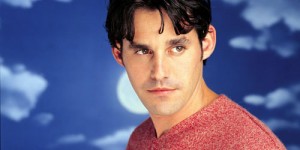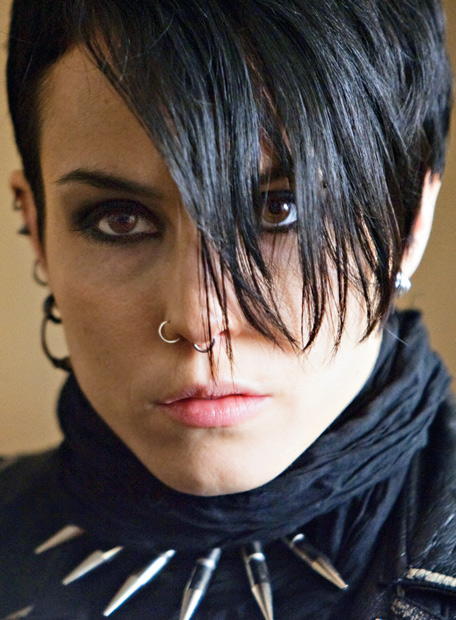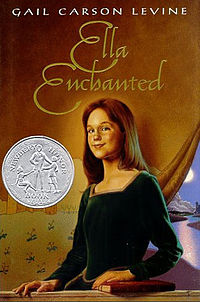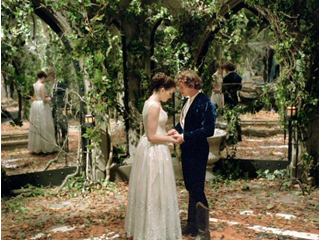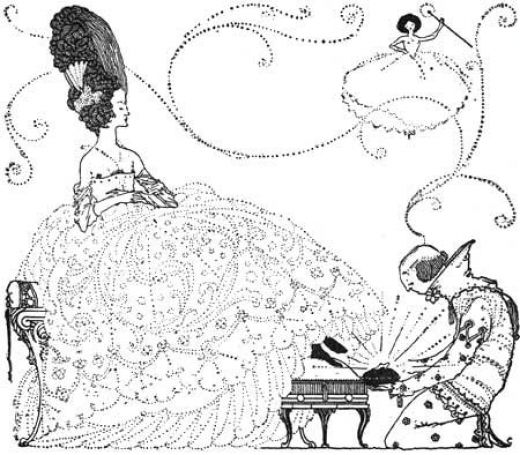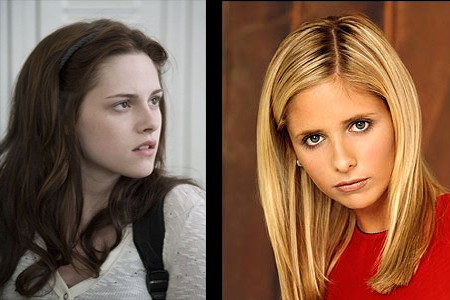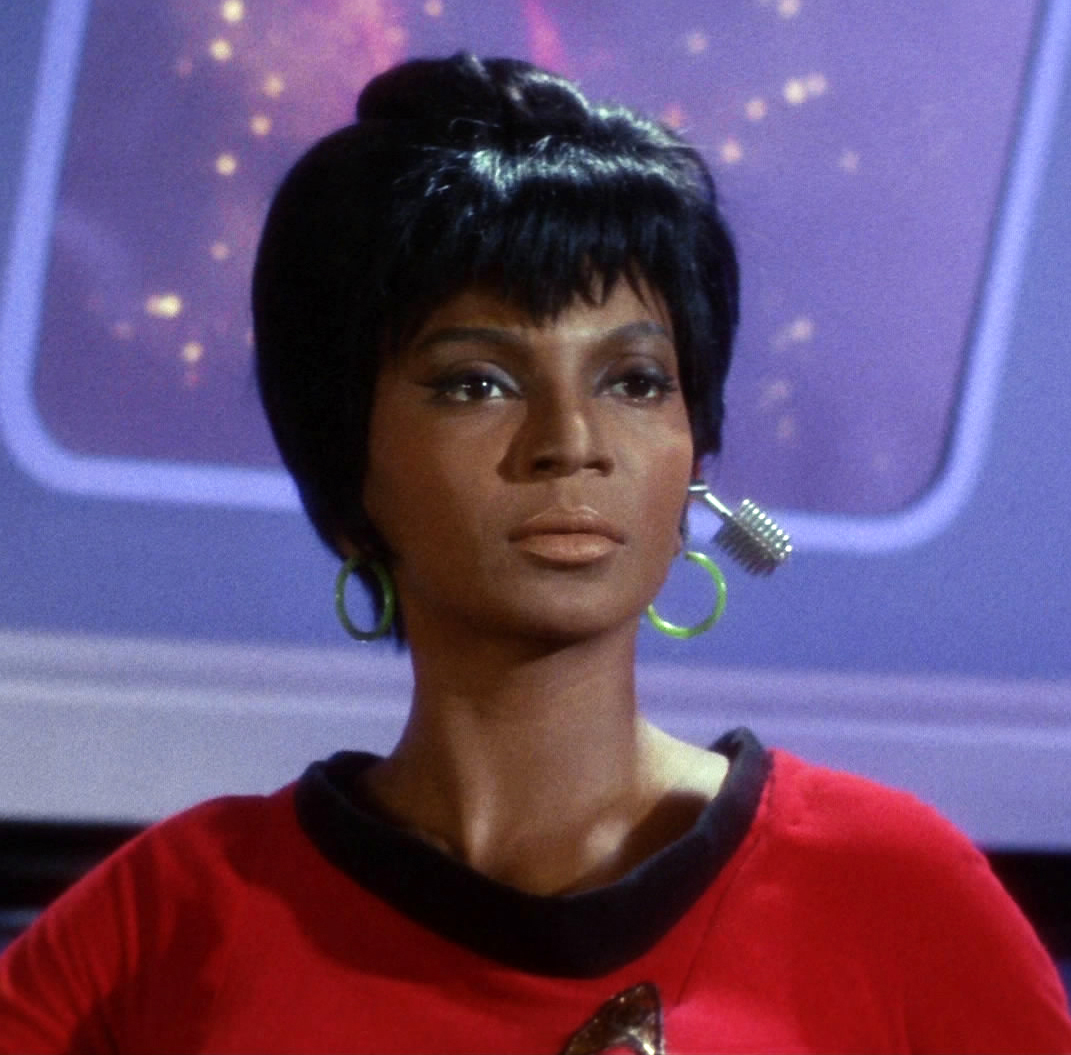As soon as Buffy hit television on March 10, 1997, Joss Whedon became the poster boy for geek feminism. Raised by a radical feminist, he always merged his creativity with gender studies, which he called his “unofficial minor.” Buffy was created to defy stereotypical expectations, a blonde superhero whose adolescent growing pains were the blueprint for the supernatural evil she vanquished. This balance struck a chord in viewers, inspiring theoretical interpretations running as rampant as fanfic. But it was never the feminist dream that we thought it was. It couldn’t be, as long as Buffy was friends with Xander Harris, the thorn destroying any so-called feminism in Sunnydale.
Ironically, Alexander LaVelle Harris is based on Joss himself. As he told NPR in 2000, “Xander is obviously based on me, the sort of guy that all the girls want to be best friends with in high school, and who’s, you know, kind of a loser, but is more or less articulate and someone you can trust.” But instead of the radical feminist upbringing, Xander is the product of a highly dysfunctional family. He has no healthy male role models or friendships. (His only male friend, Jesse, is turned into a vampire he accidentally kills, and the act barely fazes him.) Xander only has Willow, the awkward girl who is in love with him, who he romantically ignores.
When Buffy Summers arrives, Xander immediately wants her. His first words to her: “Can I have you?” He lusts over her power, sexiness, and defiance of school politics and adult authority. His willingness to accept her position of power has often been seen as an example of his feminism; moreover, it’s been used to frame him as a “subversive image of masculinity,” because “confronted with the feminist reality that women are at least equal to him … he doesn’t try to dominate it, he doesn’t try to deny it, and he doesn’t try to ignore it.” But that is precisely what he does.
Xander sexualizes power, instead of maintaining a respectful attitude towards strong women. He lusts for most of the powerful women he meets, good or bad – Buffy, preying mantis lady, Incan mummy, Willow (as she begins to mature), Cordelia, Faith, and Anya. At the same time, he finds himself at odds with this attraction, which manifests into this strange almost self-loathing that drives him to assert dominance. Since he’s a rather awkward boy without strength, he uses his tongue, throwing insults and off-the-mark opinions as “Xander, the Chronicler of Buffy’s Failures.”
It begins rather benignly. Xander complains about Owen’s “shifty” eyes and rants that Angel is a “girly name.” But it becomes a real problem after “The Pack.” When Xander is possessed by a hyena, he becomes the misogynist alpha male. Though he acts like an animal, he also reveals observations he wouldn’t dare to as human. He acknowledges that Willow likes him, and he challenges Buffy: “We both know what you want… You like your men dangerous.” Hyena juju might make him sniff things and eat piglets, but hyenas aren’t cognizant of high school politics. Possession merely removes Xander’s filter.
Though he is quickly freed of hyena (which he never apologizes for, claiming amnesia), the possession seems to spark an egocentric attitude deep within – Xander’s questionable moments increase in a flurry of sexism and hypocritical commentary that sometimes wanes, but never disappears. In “Angel,” he begins calling Cordelia a hooker. There is no provocation for the term, he’s merely trying to neutralize Cordelia’s power by slut-shaming her, and sadly, the show backs these opinions by drawing a line between acceptable and over-the-top Cordelia-centric insults in “When She Was Bad.” “Hooker” is okay, but Buffy calling Cordelia a “moron” is framed as highly questionable.
“Angel” also marks the beginning of Xander’s war against the souled vampire. When Buffy learns that Angel isn’t human, Xander fails to think of anyone but himself. Though it isn’t wrong for him to note that Buffy should slay Angel (they don’t yet know about his soul), it is not for her benefit or Sunnydale’s. Xander wants Buffy to remove his competition, and urges her to kill him without thinking of her feelings.
Even Willow suffers Xander’s egocentrism. As she develops feelings for someone else (“I Robot, You Jane”), he is immediately critical: “I don’t like it; it’s not healthy.” For these women to be his friend, each must tolerate jealousy and/or insults. Xander is loyal and will help in any deadly fight, but if there is even the slightest question or challenge to his “territory” or masculinity, Xander’s sexual interests and ego come first. He even makes boundaries for Buffy’s strength – it’s okay for her to be an unstoppable Slayer, but she should not protect him from the class bully. Female strength is okay in their private, vampire night, not in the public halls of high school.
Sadly, Xander is continually rwwarded for his worst moments. Increasing, sexualized insults towards the most popular girl in school lead Xander to win over Cordelia, creating one of his two highly problematic relationships. When Cordelia momentarily dumps Xander because of her waning popularity, he wants to control her by blackmailing Amy into performing a love spell. He yearns to remove Cordelia’s free will and gain the power, and he’s rewarded for the action. Though Giles chastises him, Buffy praises him for being a gentleman when the spell goes wrong and she hits on him. Likewise, Cordelia is charmed by what Xander has done, and is willing to lose her friends and social standing to be with him.
Dating Cordelia, however, doesn’t stop Xander’s Angel hatred. Yes, Angel killed Ms. Calendar and Xander has a right to be mad. But while the rest of the team hope for the best outcome in “Becoming,” and are concerned for Buffy’s feelings, he just wants Angel dead and couldn’t care less about its effect on Buffy. “The way I see it, you want to forget all about Ms. Calendar’s murder so you can get your boyfriend back.” One might forgive his reductive anger in this particular situation, but it’s not a one-time event. Xander again refuses to acknowledge Buffy’s feelings, or provide comfort that could possibly make her job easier. Instead, he lies, giving her a false message from Willow to “kick his ass.”
Buffy kills a freshly re-souled Angel and runs away. When she returns, Xander quickly condemns her in “Dead Man’s Party” as “incredibly selfish and stupid.” As he sees it: “I’m sorry your honey was a demon, but most girls don’t hop a Greyhound over boy troubles.” Xander is so wrapped up in his own ego-driven world that Buffy’s wildly complicated and emotionally scarring situation is framed as “boy troubles.” Again, no one questions him for his actions. Zombies descend, fighting begins, and everyone forgives each other. Xander begins to be framed as the voice of reason who tells her how it is.
Cordelia, meanwhile, is treated terribly. Xander, with his overt weakness for Slayers, openly gushes over a newly arrived Faith in “Faith, Hope, and Trick,” until Cordelia tersely asks him to “find a new theme.” He’s in love with Buffy, lusting for Faith, and dating Cordy. Two episodes later, he’s cheating on her with Willow, having become increasingly attracted to his rapidly maturing friend. And this fictional incarnation of Joss isn’t done. When Cordelia discovers the affair and nearly dies, Xander can only feel anger over his loss. He repeatedly gripes about his own unhappiness, blaming his actions on other people, and is desperate to make Cordelia feel even worse. He is completely unable to atone for his actions: “You want to do a guilt-a-palooza? Fine. But I’m done with that.” As Xander later states about his incessant, mean-spirited ranting: “I can’t help it; it’s my nature.”
If the show ever decided to question Xander for his sexist, problematic nature, these moments would serve a purpose and help the character evolve into a more worthwhile person and true “heart” of the group. Instead, the Powers That Be continue to reward him for his bad behavior: he loses his virginity to Faith. She’s not Buffy, but she is a powerful Slayer.
When the girls head off to college and Xander becomes the townie, the series gets a break from the sexism. This does not mean Xander is silent; he’s just the marginalized menace. He continues to joke about his lust for Buffy; he never lets her forget that he wants her, marking her as his ideal prey. He might stubbornly accept that they won’t be together, but he lets it fuel his every action as a friend, and the show never questions it or lets him evolve beyond it.
Meanwhile, Xander begins a rather combative relationship with Anya, chastising her every comment and story – whether they’re demon memories or normal interpersonal communications. When she tells him he isn’t showing an interest in her life in “Hush,” he retorts: “You really did turn into a real girl, didn’t ya?” No man comfortable with female equality equates real concern with nagging, though we can’t be surprised that Xander does – not only because of his many previous and problematic actions, but also because of his attitude towards Anya. He clearly believes he is the better person, the moral center who will teach Anya to be human. Luckily, as he grows into his relationship with Anya, he seems to mellow, becoming a regular Scooby member and friend until Buffy’s relationship implodes in “Into the Woods.”
Riley and Buffy are a good-on-paper couple. He’s the strong and heroic human offering the security Angel never could. But he’s also a deeply flawed man who cannot stomach Buffy’s strength, especially when she’s in crisis. When Joyce becomes ill and Buffy refuses to fall apart and cry on his shoulder, Riley’s inferiority complex leads him into the arms of blood-hungry vampires he willingly feeds. When she discovers his infidelity, he issues an ultimatum: immediately give him a reason to stay, or he’s going to run off with the Army and leave her forever.
It’s a ridiculous, callous ultimatum, and Xander supports it. Once again, instead of comforting her, he ridicules her. He chastises her for wanting to hide, though she’s barely had a second to process what’s happened. (Riley, meanwhile, had tons of time to process the back story Xander told him about Angel and Buffy.) Xander castigates her for not seeing the problems earlier, though she’s been dealing with her mother’s very serious illness and the arrival of a sister-shaped key. Buffy asks: “What am I supposed to do? Beg him to stay?” Xander looks downright shocked at her hesitation and asks: “Why wouldn’t you?” He continues: “you’ve been treating Riley like the rebound guy, when he’s the one that comes around once in a lifetime. He’s never held back with you. He’s risked everything, and you’re about to let him fly because you don’t like ultimatums? … Think what you’re about to lose.” It’s not much of a jump to wonder if Xander is pro-Riley not because Finn is perfect for Buffy, but because he’s the safe, human choice – the almost-Xander. He continues to be the voice of faulty reason, setting the stage for his utter hypocrisy in season 6 and 7.
Xander is relatively normal for the next year, until his wedding to Anya. He disappears when he’s presented with an obviously fake ‘50s version of his so-called marital future; he flees just like Buffy did, but for much less. (And of course, Buffy and Willow don’t ever condemn him for fleeing, they only support him.) Xander leaves Anya at the altar, telling her “I don’t want to hurt you. Not that way. I’m so sorry.” He lets fear guide him to publically humiliate her and break her heart as if it’s some sort of moral, heroic choice.
Astonishingly, he destroys her, yet still expects to be with her. Everything surrounding Xander’s cancelled wedding speaks to his egocentrism and hypocrisy. He’s so used to Anya being head over heels in love with him that he expects their relationship to go back to normal. And though he finds it simple to ignore Riley’s infidelity, he prepares to kill when he discovers that his ex is having sex with Spike. Xander questions Anya’s maturity and insults her: “I’m not joking now. You let that evil, soul-less thing touch you. You wanted me to feel something? Congratulations, it worked. I look at you, and I feel sick, cuz you had sex with that.” Though he left her at the altar, he still believes he is the moral center with a right to judge her choices.
Yet it’s Buffy’s sex with Spike that really breaks him. Again, it’s up to Buffy to explain herself in “Seeing Red,” as if she needs to apologize for her own personal life. Ever the egomaniac, when Buffy says: “You don’t know how hard it’s been,” he thinks she’s talking about lying to him about Spike, not about struggling with her newly revived life. Xander even stretches to condemn her choice based on Spike’s previous violence: “I didn’t say I haven’t made mistakes, but last I checked, slaughtering half of Europe wasn’t one of them. He doesn’t have a soul, Buffy.” Though he’s never believed that having a soul makes a vampire an okay bedfellow, he uses that qualifier to denounce Buffy and absolve his own choice of Anya — who was was much more dangerous than Spike, and killed and tortured men for over a thousand years.
Anya rightly tries to temper Xander’s egocentrism in “Two to Go,” but it doesn’t work. She explains that sex with Spike “wasn’t vengeance. It was solace,” and she refuses to let him “play the martyr,” but Xander is still too wrapped up in his own ego. In the next episode he carelessly removes Buffy’s agency and tells Dawn about Spike’s attempted rape. Not only that, but he continually and persistently brings it up through the rest of the series. He takes that power and repeatedly uses it against her.
Xander’s hypocrisy is finally center-stage in “Selfless,” yet he still manages a hypocritical attack. Though he fiercely fought for Angel’s death, he now insists that “when our friends go all crazy and start killing people, we help them.” When his feelings aren’t enough to change Buffy’s mind, he chooses to once again attack her sexual choices: “You know, if there’s a mass-murdering demon that you’re oh, say boning, then it’s all grey area.” He refuses to acknowledge that Anya consciously chose to become a demon both times, and tries to frame Buffy’s responsibility as another example of her capriciousness: “You think we haven’t all seen this before? The part where you just cut us all out? Just step away from everything human and act like you’re the law?”
But it’s the next words that really sum up his complete and utter refusal to acknowledge or consider Buffy’s feelings and power: “If you knew what I felt,” Xander says. He can’t see the similarities between killing Anya and killing Angel, or notice what Buffy went through when she sent Angel to hell. This is our moment to finally call Xander out for his hypocrisy and chastise him for lying about Willow’s message those years ago, and his attitude since. Yet only one line is tossed in, and Willow’s reaction to the “kick his ass” quote is buried in the heated argument. As much as Xander’s hypocrisy is displayed for those eager to see it acknowledged, it’s all words of anger – Xander never learns a damn thing from the exchange; he never gets punished, or feels remorse for his actions.
The series continually, passively, upholds Xander’s skewed viewpoint, never forcing him to repent and never allowing him to change. Instead, they give him the ultimate gift – Buffy’s strength. In the series’ penultimate episode “End of Days,” Buffy says: “You’re my strength, Xander. You’re the reason I made it this far.” By this point, the idea of the Slayer is already problematic – she’s the result of a vicious supernatural rape on the first Slayer, a lineage controlled by a white, patriarchal council. And now she attributes her strength and survival to the man who constantly sexualized her, belittled her, and condemned her. Not only that, but he’s given more power in the comics, having dominion over all the slayers as the “unofficial Watcher.”
Upon reflection, it’s hard to link Buffy the Vampire Slayer to feminism because Xander, the self-proclaimed “perspective guy,” continually nullifies the agency of the women around him. His respect for powerful women is qualified. No woman enjoys her power without Xander trying to exert some form of control (judgment) over it. As one fan once described it, “he hurts people with an uncanny casualness of a true bully.” Through casual banter, his egocentric power struggle is framed as comedy. We’re supposed to laugh at this superficially witty and charismatic everyman, and ultimately listen to him as the group’s moral compass, which undermines the show’s push for female empowerment.
This isn’t mere oversight or writer missteps, these moments come again and again and they cannot be excused. The minute Joss and his team embraced the feminist label and strove to create a feminist heroine, they accepted the responsibility of upholding those ideals, or at the very least, not continually undermining them. Buffy cannot be a feminist heroine if her strength comes from a do-as-I-say-not-as-I-do man, especially one happy to remove her agency and morally judge her.

